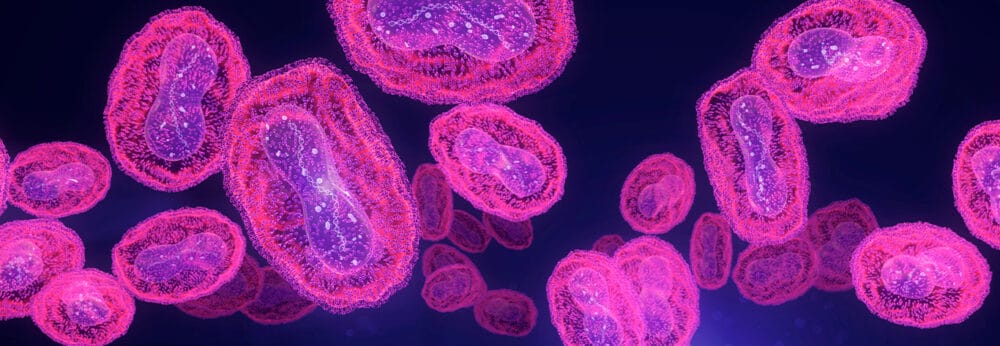Posted
16th March 2020
Research
Several epidemiological studies have shown that the shedding of the SARS-CoV-2 virus that causes COVID-19 can continue for many days after symptoms resolve. What does this mean? Do people remain infectious after their symptoms resolve? The answer isn’t clear, but it seems that people are most infectious at the start of their symptoms, and much less infectious once they have resolved.
A few studies provide us with information on the shedding of the SARS-CoV-2 virus during COVID disease:
· A small study of four healthcare workers in China found that PCR tests for virus remained positive for a couple of weeks after symptoms resolved.
· Similarly, an epidemiological analysis of 18 patients with COVID in Singapore found that virus shedding was prolonged for 7 days or longer in 15 (83%) of the 18 patients.
· A larger study of 191 patients in China found that the median duration of viral shedding was 20 days.
So does this mean that these patients remain infectious for as long as they continue to shed virus? No, we know from other diseases that this isn’t necessarily the case. Firstly, the detection of a virus by a PCR test isn’t the same as detecting a live virus; it could be detecting the “genetic shadow” of a resolved viral infection. Secondly, we know from epidemiological studies that respiratory viruses (such as influenza and SARS) are more transmissible when symptoms are present. Thirdly, shedding of respiratory (and other) viruses is known to continue sometimes long beyond symptoms have resolved.
Therefore, generally speaking, the advice is that the risk of transmission of respiratory viruses is considered to be low once symptoms have resolved (hence the recent change in the UK guidelines – that people with a continuous cough or fever should self-isolate for 7 days). However, it is worth remembering that shedding of the virus can continue after symptoms have resolved, reinforcing the need for continuous high levels of hand, respiratory, and environmental hygiene.
SHARE THIS ARTICLE
Tags
Latest News
Celebrating 20 Years of GAMA Healthcare: Our Story
This month, GAMA Healthcare celebrates 20 years of helping prevent…
Norovirus: Understanding its transmission and prevention in the UK
Introduction Norovirus is recognised as the leading cause of viral gastroenteritis…
Clean Between to Reduce Healthcare-Associated Infections
Healthcare-associated infections (HAIs) are a significant concern for healthcare facilities…
Mpox: emergence of a new threat
A new threat related to mpox is emerging, in the…




